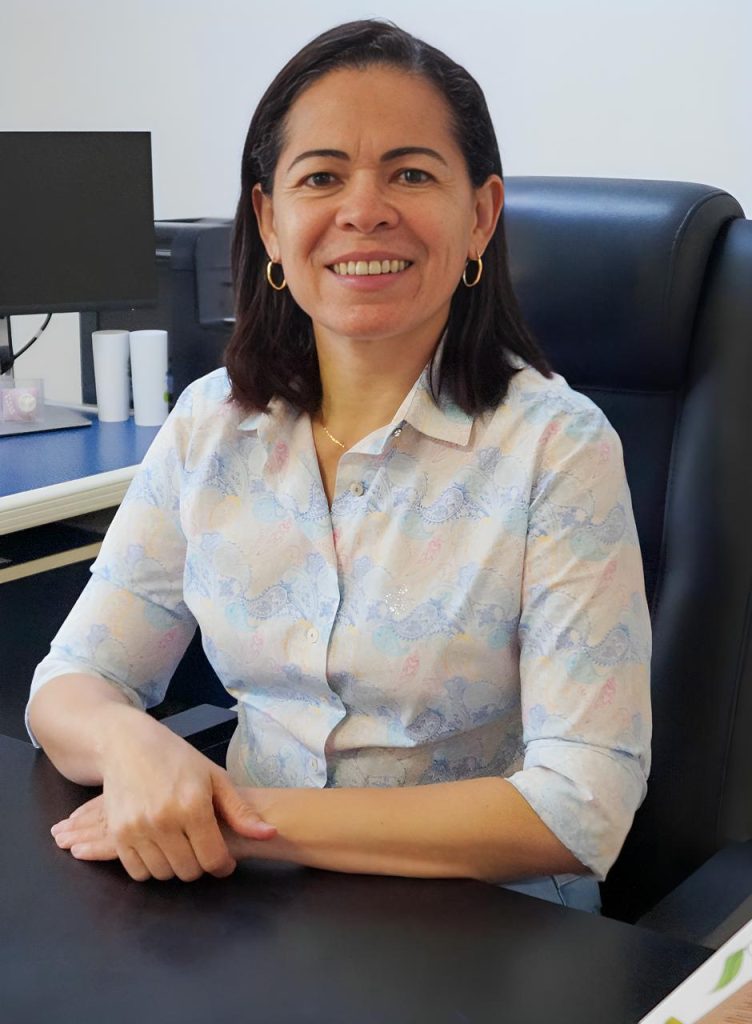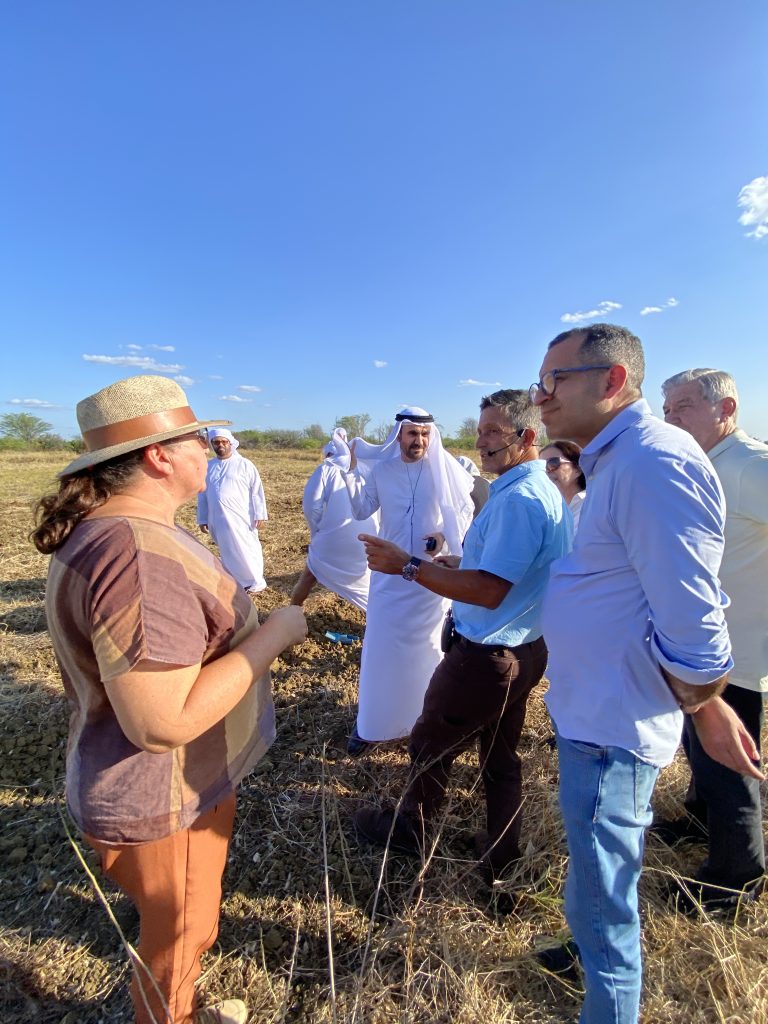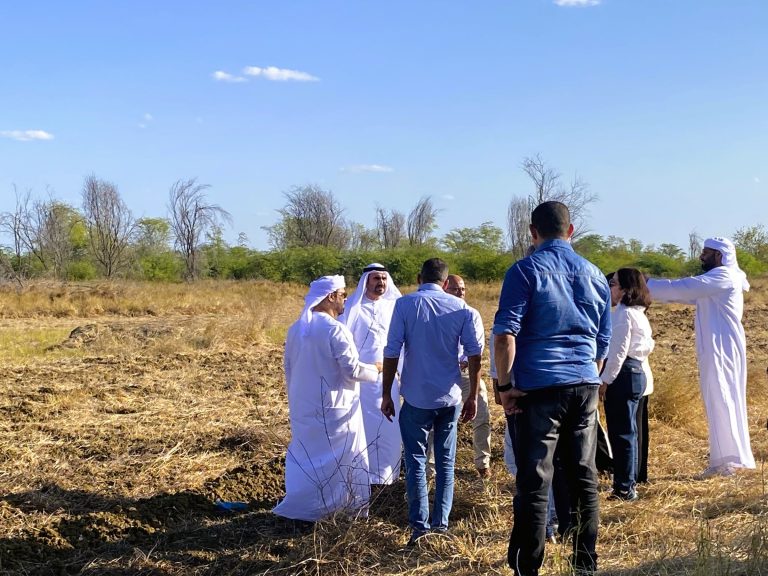São Paulo – There is an Arabic saying that goes, “Those who plant dates don’t harvest them.” This idea comes from times when a tree took about a century to bear its first fruits. However, as technology made it possible to condense a hundred years into five, this saying has become outdated.
“In the past, production could only be achieved with older plants. Now it is possible to obtain fruits earlier, especially with irrigated cultivation in the semi-arid region,” explains Maria Auxiliadora Coêlho de Lima, general manager of the Semi-Arid unit of Embrapa, a research division of the Agriculture Ministry that coordinates the adaptation tests of these plants from desert regions to the Brazilian biome, an initiative involving the governments of Bahia and the United Arab Emirates.

The Bahia government has shown interest in stimulating the cultivation of date palms in the state as a pilot project to boost local production, provide dates year-round, and facilitate exports to major consumer countries. “Regarding the fruits, we have significant production potential. What we need at this moment is to identify the varieties of greatest interest for production in our semi-arid conditions in Brazil and species that are more favored by consumer markets,” she says.
Lima reveals that the idea of commercially producing dates in Brazil is not new, as in the 1980s and 1990s, the Semi-Arid unit of Embrapa evaluated and identified species that performed very well in Brazil’s Northeast soil. “However, it was difficult to differentiate male from female plants, and when establishing a commercial plantation, the goal is to have a high number of female plants and only a few males for pollination.” Due to this challenge, the program did not advance to commercial recommendations. Now, the project is undergoing a process similar to that of the past but with more scientific knowledge available and in partnership with the UAE government.
According to the researcher and doctor in agronomy, by using irrigation, it is possible to accelerate productivity and manage the plants to stimulate earlier production. “By producing in a period even shorter than in the date palm’s countries of origin, we can achieve a quicker return on investment, thus favoring more income for the farmers.”
For this new feasibility study, Brazil received 110 seedlings of 12 date varieties from the UAE. Before being planted in the Cerrado and Caatinga, areas with climates and soils similar to desert regions, the seedlings undergo a quarantine at Embrapa’s headquarters in Brasília, which has the necessary facilities for this process. “This procedure is always required when plants or other plant and animal materials are received by the country. Once the sanitary guarantee is assured, the seedlings will be released for planting, which will take place in the state of Bahia,” she explains.
Dates: Making the project viable
According to Lima, investments in production could come from various sources, including the UAE. “There are opportunities for negotiations through different support channels, so the Bahia government is working to secure funding,” she explains.

In the partnership, Embrapa contributes its expertise by facilitating the identification of varieties with the greatest potential and recommending management techniques, including nutritional practices and balanced water use for these plants. It also includes strategies such as more efficient identification of male plants to facilitate seedling production in Brazil. “Embrapa, with its expertise, will provide essential technical support for this new phase. The detailed protocol for evaluating the varieties is currently being developed,” says Lima. This set of strategies aims to provide a foundation to support initiatives and, in the near future, recommend cultivation based on appropriate technical guidelines to promote the activity in Bahia and establish opportunities in other states as well.
“The semi-arid region has specific needs to promote competitive activities that ensure income improvement for producers, and the date is a high-value product with significant added value. We want the production to be profitable and to stimulate development among small producers in a region of the country that lacks investment,” says Lima. “This initiative not only brings income for farmers but also has the potential to position Bahia as a new production hub by leveraging Embrapa’s expertise in crops adapted to semi-arid conditions.”
Read more:
Dates from UAE: Partnership to increase sales
Report by Paula Medeiros, in collaboration with ANBA
Translated by Guilherme Miranda




